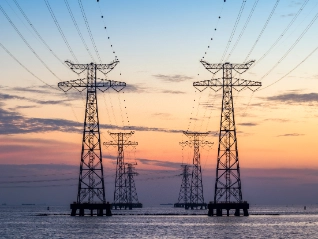Atradius Atrium
Ny kundeportal som gir deg direkte tilgang til poliseinformasjon, kredittgrenseverktøy, i tillegg til Atradius Insights og Atrium.
 Norge
Norge







Vis mer
Viser 7 av 14







Vis mer
Viser 7 av 155